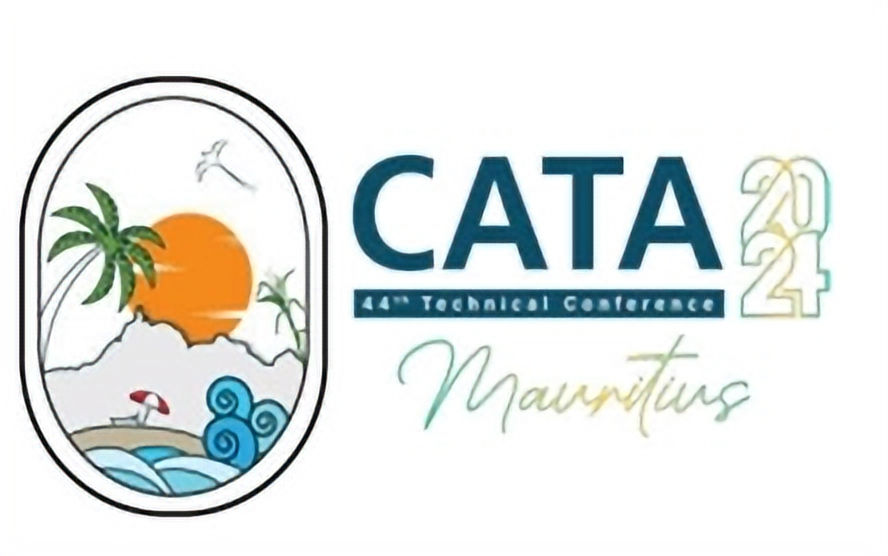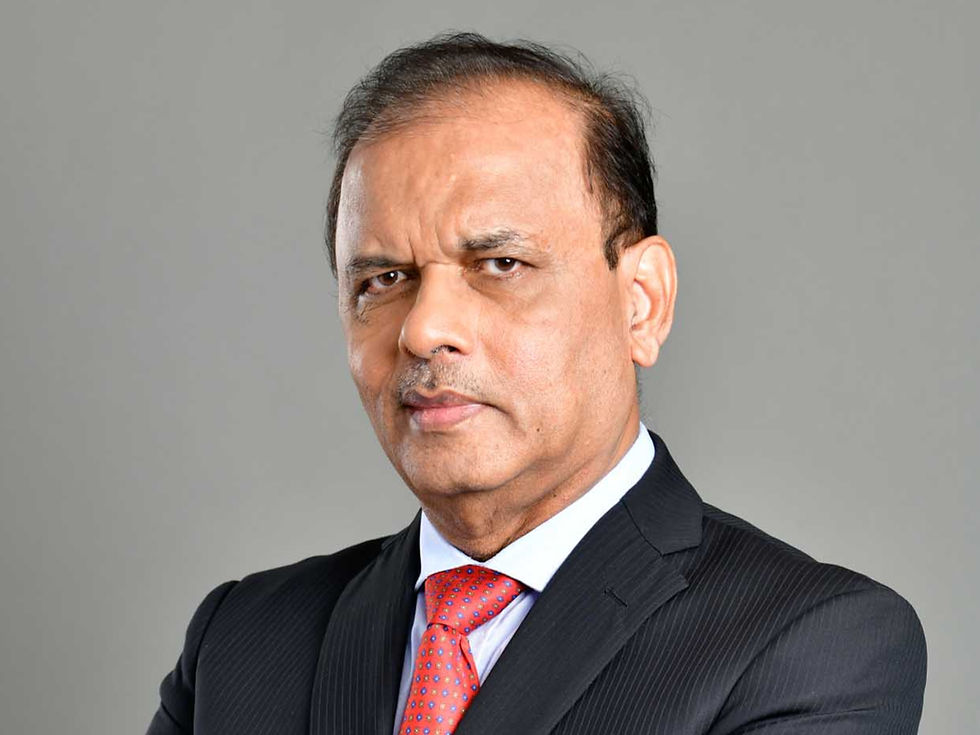COMMUNIQUE - 44th CATA Annual Technical Conference
- Oct 24, 2024
- 4 min read
Updated: Nov 21, 2024

We, the heads and nominated representatives of tax administrations of the Commonwealth Association of Tax Administrators (CATA) met at Intercontinental Hotel, Balaclava, in Mauritius from 21 to 25 October 2024.
The 44th CATA Annual Technical was attended by over 100 delegates from 23 member states. The conference was also graced with the presence of invited speakers from the Organisation for Economic Co-operation and Development (OECD), African Tax Administration Forum (ATAF), International Bureau for Fiscal Documentation (IBFD), Inter-American Center of Tax Administrations (CIAT), International Monetary Fund (IMF), International Centre for Tax and Development (ICTD) and Ernst & Young (EY) London.
Under the theme “Reshaping the Tax Administration in a Dynamic Landscape”, members acknowledge that globalisation and digitalisation have altered the global economic environment thus requiring a reshaping of tax administrations by members in this new tax era.
To this end, we, members of the Commonwealth Association of Tax Administrators (CATA) agree that there is a need to change and adapt and therefore, we:
Appreciate the initiatives taken by some members to modernise their systems, processes and capabilities through the early adoption of artificial intelligence and big data analytics.
Encourage members to:
Adopt E-filing, E- Tax calculation, E-verification of returns, E-payment, E-Assessment and automatise the system for sending notices to taxpayers.
Overcome the limitations of artificial intelligence (AI) by performing extensive testings.
Use AI and machine learning to improve services to taxpayers through 24/7 e-communication and the use of ChatGPT like tools to do the writing. Members can even go further to introduce faceless communication with taxpayers, especially where assessments are made by a team of tax auditors.
Use digital technology such as chatbot and SMS to inform taxpayers about tax policies in place.
Conduct regular staff training to harness full benefits of technology and be able to properly examine all data collected. Regular communication to staff via the intranet is important as new procedures are put in place.
Educate taxpayers to join the digitalisation efforts initiated by their respective tax authorities and sensitise them against scammers.
Come up with anti-scam applications.
Trigger actions to prevent cybersecurity attacks through the use of a zero-trust model and by performing penetration tests among others.
Preserve data collected through the use of data encryption and decryption packages.
Recommend members to:
Invest in approved software which will help with digital forensics.
Train staff for the proper implementation of the digital forensics process.
Advise members to understand the Global Minimum Tax (GMT) under Pillar 2, its rules, impact on the macroeconomic variables (investment and revenue), relevant legislation and administrative procedures associated with GMT with a view to:
Mitigate tax base erosion and profit shifting.
Create a level playing field for all member states.
Request members in light of cross border transactions to:
Adopt for VAT purposes, the e-registration of taxable persons, e-filing of VAT returns and real time remittance of VAT collected to counter the issue of non-VAT registration and non-payment of VAT on the behalf of non-residents.
Ensure that digital platform operators collect and remit VAT from non-resident suppliers.
Emphasise in their domestic VAT legislation that the imposition of VAT is based on a destination principle.
Encourage members to collaborate in this globalised world to reap the advantages of Automatic Exchange of Information (AEOI).
Acknowledge the introduction of digital assets such as cryptocurrency and therefore, advise members to examine the circumstances of the case and base themselves on the OECD’s Crypto-Asset Reporting Framework to determine whether or not a transaction in cryptocurrency is taxable.
Welcome the implementation of country specific E-invoicing system and the collection of real-time data through this system to improve tax compliance, increased revenue and decreased compliance costs.
Recommend member states to know their taxpayers, segment them according to the level of risks associated with them and come with measures for each segment with a view to reduce compliance costs and promote voluntary tax compliance.
Emphasise on the need for our member states to reduce the size of the informal sector in their respective economies.
Explored the fundamental principles of good governance in tax administration, emphasising the importance of transparency, accountability and engagement with stakeholders.
Sideline to the Conference was also held the 16th General Meeting. During the Meeting, members endorsed the Report of the CATA Management Committee as a comprehensive document outlining the activities of the Association during the period 2021/2022 to 2023/2024. The meeting:
Expressed its gratitude to the outgoing President, Dr Zacch Adedeji (Nigeria) and the Management Committee for their commitment and in ensuring the growth and sustainability of CATA;
Expressed its appreciation to Mr Jon Swerdlow for his immense contribution as Vice-Chair of CATA;
Elected Malaysia, represented by Dr Abu Tariq Jamaluddin to hold the presidency during the period 2024/25 to 2026/27;
Endorsed the nomination by the Management Committee of Mauritius represented by Mr Sudhamo Lal (as the CATA Chairman) and Ms. Deborah Lock United Kingdom (as CATA Vice Chairman);
Elected Ghana, Nigeria, (representing North African region), Lesotho, Malawi, Mauritius (representing South African region), India, Malaysia, Maldives (representing Asian region), United Kingdom (representing Europe region), Canada, Barbados, Jamaica (representing Canada and Caribbean) Australia and Papua New Guinea (representing Pacific region) the Management Committee for the period 2024/25 to 2026/27;
Elected Eswatini (representing South African region), Rwanda (representing North African region), United Kingdom (representing Europe region), Maldives (representing Asian region), Canada (representing Canada and Caribbean region) and Australia (representing Australia and Pacific region) as Regional Directors.
Issued in Balaclava, Mauritius
24th October 2024



